CEE - Analog Measurement Tool
The CEE (Control Experiment Explore) by Nonolith Labs is an open source analog multitool that lets you measure and control voltage and current. With the CEE you will have a two channel, two-quadrant, three-digit source measure unit in the palm of your hand. Simply plug the CEE into your computer via Mini-B USB, run the multitool's user interface (Pixelpulse), and start controlling and exploring the voltage and current of whatever is connected, it's that simple!
The CEE's user interface, Pixelpulse, is a free and easy to use web app that works inside of an internet browser. Pixelpulse is also a cross-platform web app, meaning, it is compatible with Windows, Mac, and Linux. Once you have your CEE plugged in and Pixelpulse running, you will be able to measure the AC and DC characteristic of any attached part, control voltage and current in real time, explore semiconductor curve tracing, and visualize and generate waveforms.
- Two Source-Measure Channels
- 0-5V Range
- Source or Sink 200mA per Channel
- 80k Samples per Second
- USB Powered
- Schematic
- Eagle Files
- CEE Wiki
- Pixelpulse
- Product Page
- GitHub (CEE)
- GitHub (Pixelpulse)
CEE - Analog Measurement Tool Product Help and Resources
Core Skill: Electrical Prototyping
If it requires power, you need to know how much, what all the pins do, and how to hook it up. You may need to reference datasheets, schematics, and know the ins and outs of electronics.
Skill Level: Experienced - You will need to consult a datasheet for calculations to determine a components output format, linearity, and do a little math to get what you need. You will be using a datasheet or schematic beyond basic pinouts.
See all skill levels
Comments
Looking for answers to technical questions?
We welcome your comments and suggestions below. However, if you are looking for solutions to technical questions please see our Technical Assistance page.
Customer Reviews
4 out of 5
Based on 1 ratings:
Very Cost Effective
I build audio gadgets for electric guitar. This little tool has helped me visualize and fix things for a price that can't be beat. My only complaints are that a) PixelPulse is kinda weak sauce and b) you can't source a sine wave that dips below zero volts. Neither gripes are showstoppers, so I can honestly recommend this item. I would buy it again because of how cost effective it is.

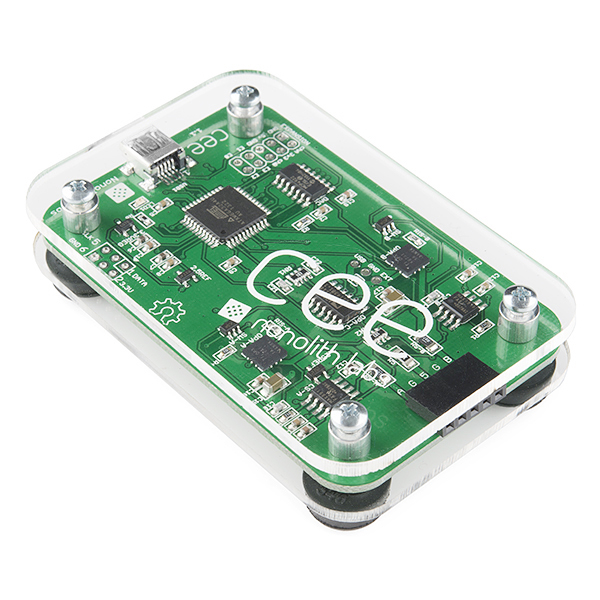
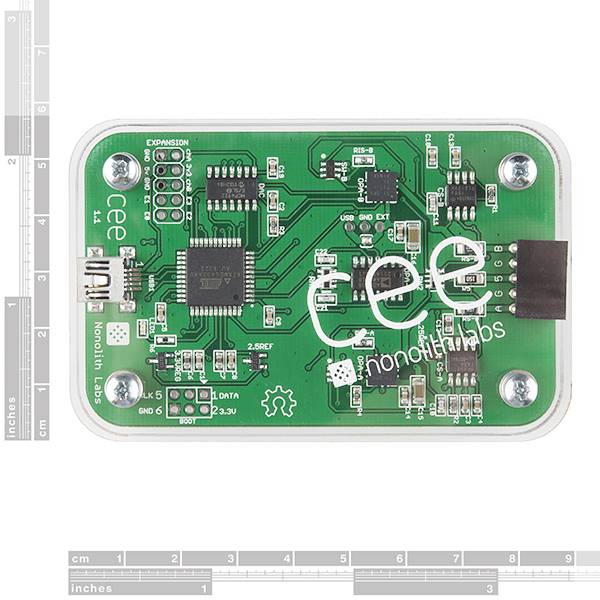
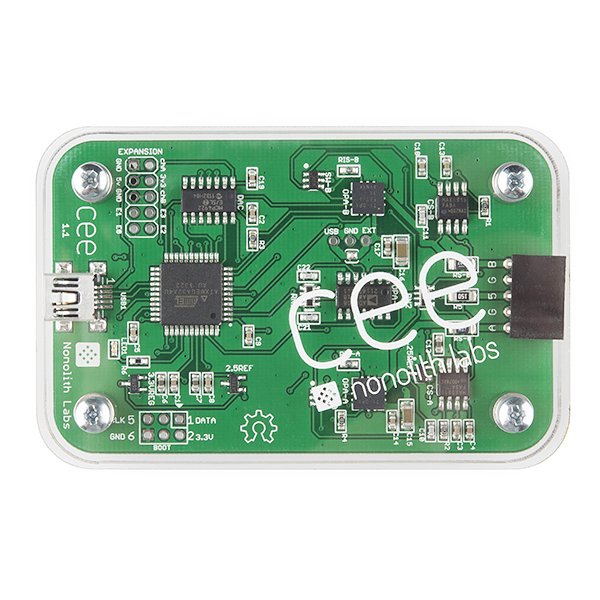
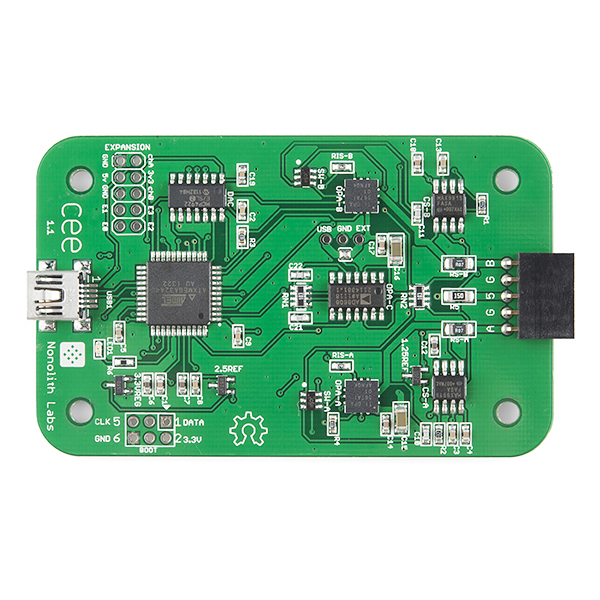
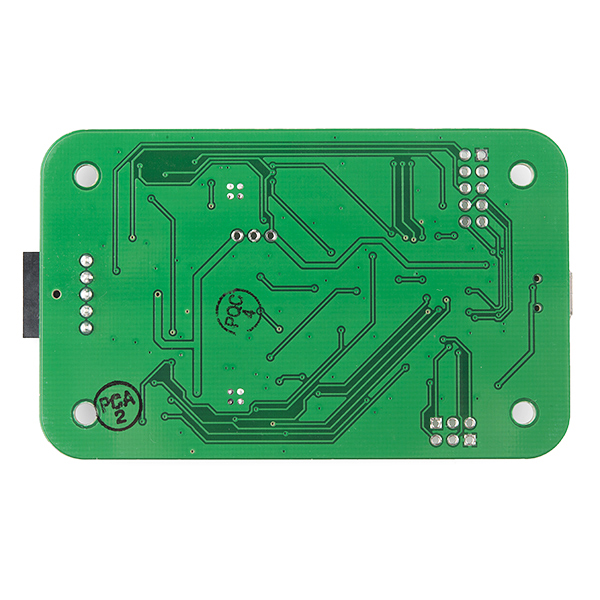
For people who want to use this with Linux be aware that Linux packages of the software are two years old and are not supported very well. It seems you can get things to work by compiling from source and tweaking some stuff. More info on getting stuff to work on Ubuntu 14.04 here: https://groups.google.com/forum/#!topic/nonolith-cee/cBOYCGHWUXc
Is there a plan to do a video tutorial on this one? Thanks, -Rami